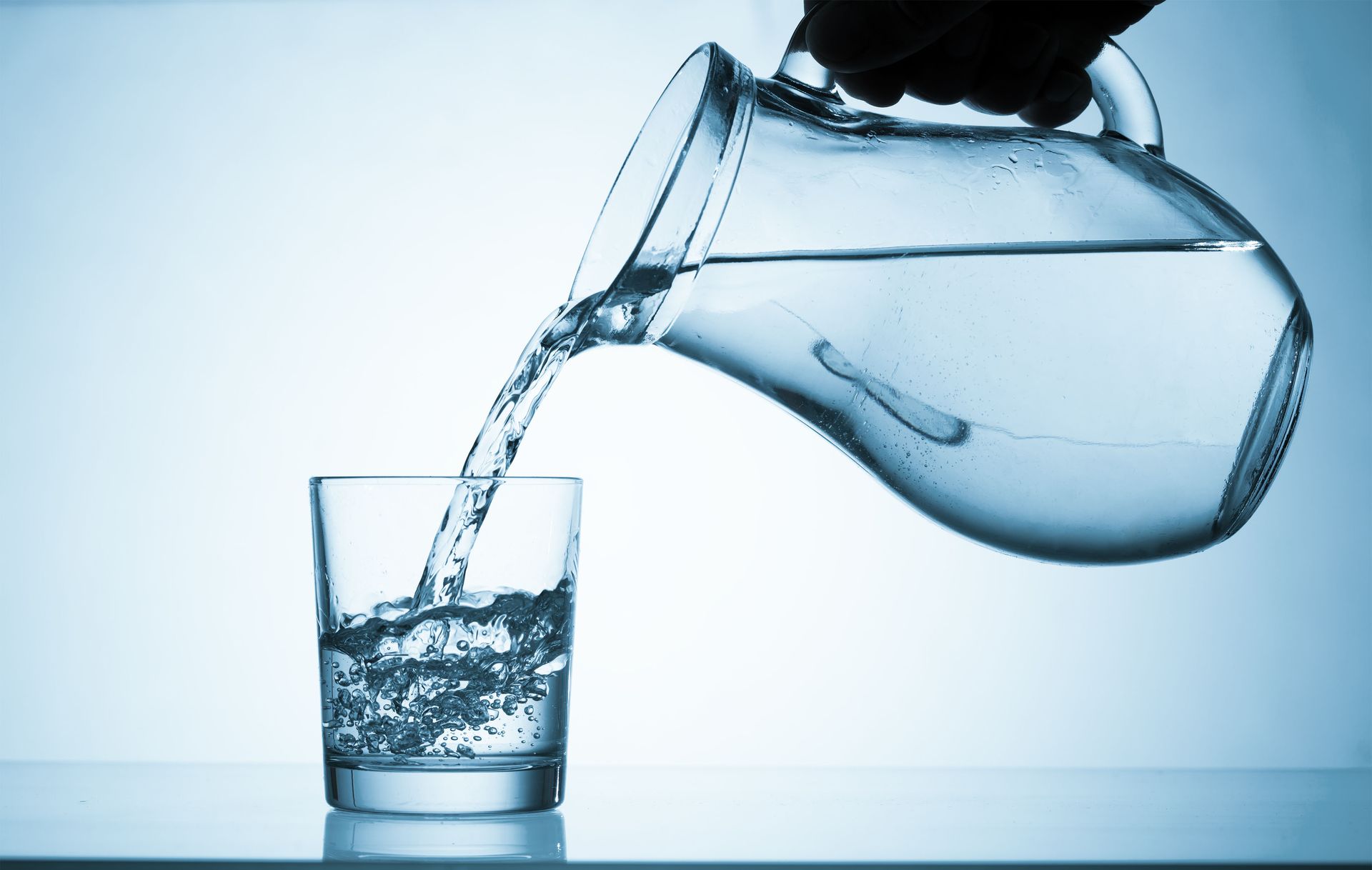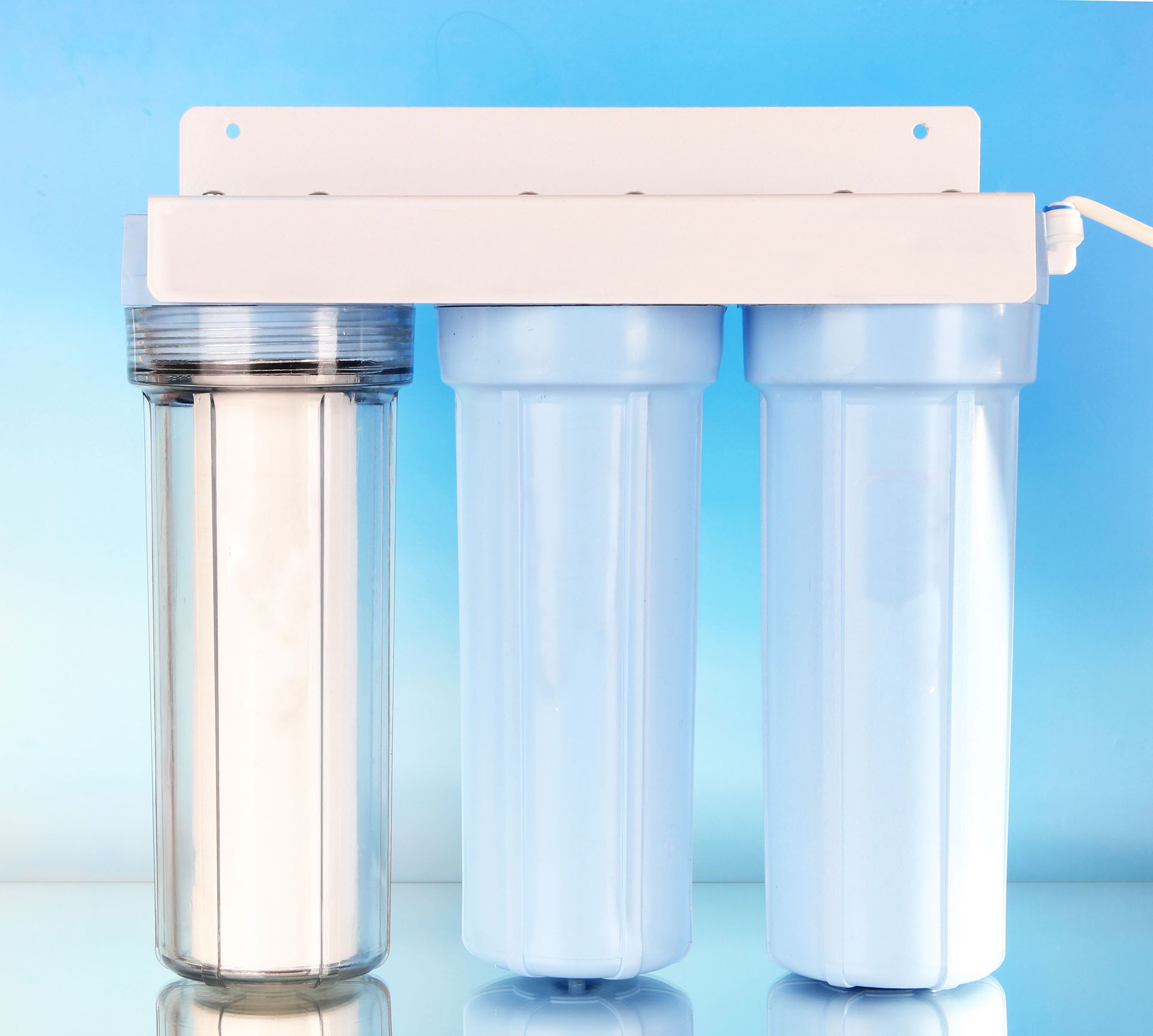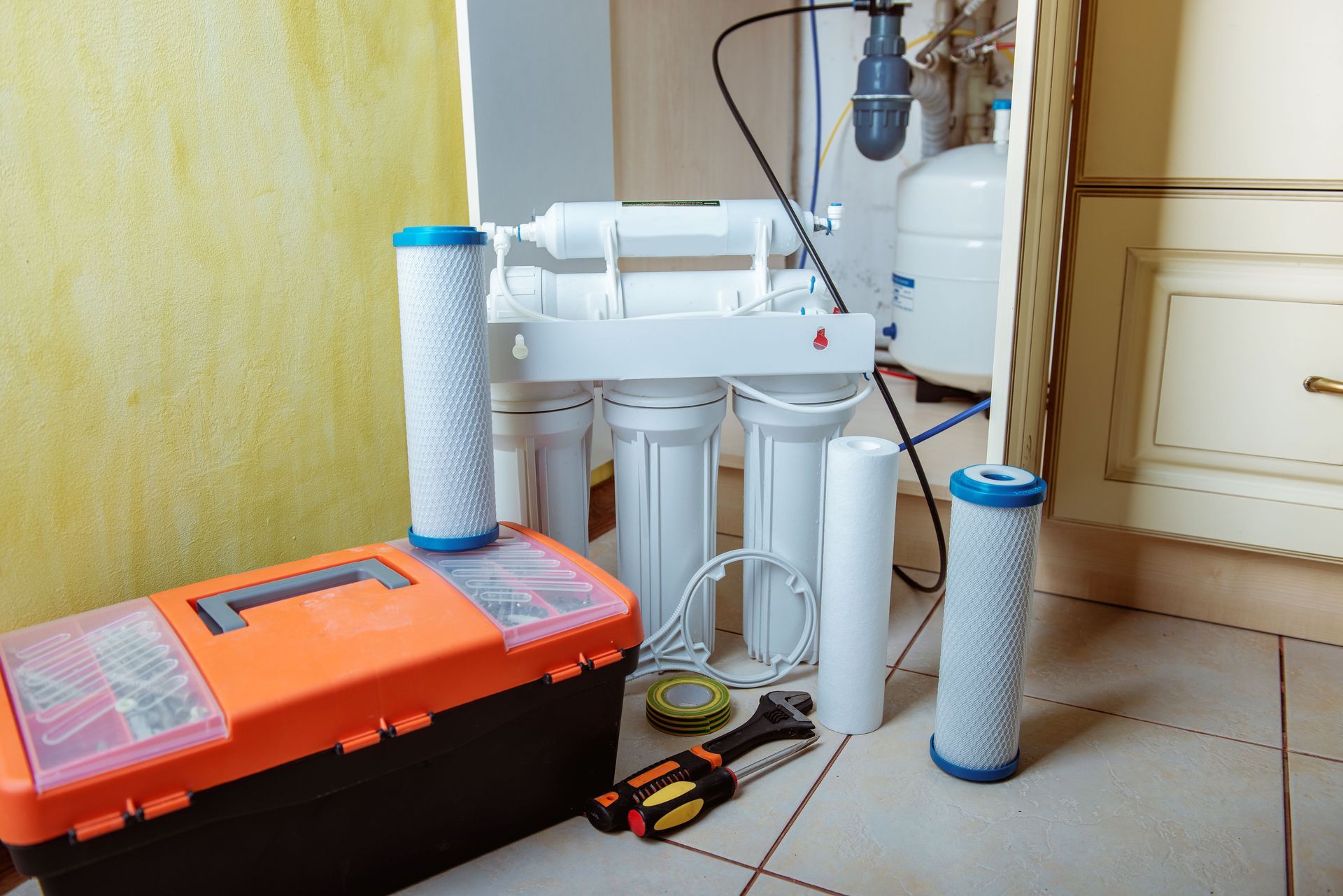5 Ways a Water Filtration System Helps Protect the Environment
Conversations about sustainability often focus on renewable energy, recycling programs, or greener transportation. While these are crucial areas, one of the simplest and most impactful choices people can make for the environment happens right at the kitchen sink: choosing a water filtration system over bottled water or other unsustainable options. A filtration system not only provides clean, safe drinking water, but it also reduces strain on the planet in several important ways. From cutting plastic waste to preserving ecosystems, filtration technology is playing a vital role in how individuals, businesses, and communities can contribute to a healthier environment.
Switching to a filtration system also encourages mindful consumption, making people more aware of their water usage and the environmental impact of disposable products. Over time, these small changes add up, creating significant benefits for both the planet and local communities. Explore five ways that using water filtration helps protect the environment, offering insight into why this choice is far more sustainable than relying on disposable bottles or inefficient water practices.
1. Reduces Plastic Waste
Plastic bottles are one of the most visible contributors to environmental pollution. Each year, billions of bottles are produced, transported, and discarded, with many ending up in landfills, oceans, and other ecosystems. These bottles take hundreds of years to decompose, breaking down into microplastics that infiltrate food chains and damage wildlife.
Through the adoption of a water filtration system, households and businesses can drastically reduce, or even eliminate, their reliance on single-use plastic bottles. Instead of buying water in disposable containers, people can filter tap water at home and refill reusable bottles or pitchers. This change decreases the demand for plastic production, which itself consumes large amounts of fossil fuels and energy.
The cumulative effect of more individuals and organizations adopting filtration systems is significant. Fewer plastic bottles in circulation means less waste to manage, fewer toxins released into the air during plastic manufacturing, and a cleaner natural environment. Protecting the planet doesn’t always require sweeping policy changes; sometimes, it’s the small, consistent choices that build up to a massive impact.
2. Conserves Energy and Resources
Producing bottled water is surprisingly resource-intensive. Beyond the obvious costs of making the bottles themselves, the process involves extracting water, treating it, packaging it, and transporting it across cities, states, or even countries. Every step consumes energy and releases carbon emissions into the atmosphere.
A water filtration system helps to curb these inefficiencies by providing clean drinking water directly from the source with minimal energy use. Once installed, most filtration systems require only small amounts of electricity (if any at all) along with occasional filter replacements. The difference in energy consumption between producing bottled water at scale and filtering it at home is staggering.
Additionally, because filtered water can be accessed on demand, the need for long-haul transportation of bottled products is eliminated. Trucks no longer need to burn fuel to deliver cases of water, nor do consumers need to make frequent trips to purchase it. When multiplied across millions of households, this reduction in energy and resource consumption represents a significant step toward lowering the carbon footprint of water consumption.
3. Protects Natural Ecosystems
Water extraction for bottling and other industrial uses can place enormous stress on natural ecosystems. Communities near bottling plants often face reduced water tables, drier conditions, and compromised local water supplies. Aquatic ecosystems can also be damaged when groundwater is depleted faster than it can naturally replenish.
Using a water filtration system allows individuals to rely on their existing municipal water supply rather than supporting companies that may draw excessive amounts of natural resources. This approach helps keep groundwater levels more stable and protects the habitats of plants, fish, and other wildlife that depend on those resources.
According to Custom Market Insights, the U.S. water filtration market is expected to grow to $11.80 billion in value by 2033. This projection reflects not just a demand for cleaner water, but also an increasing awareness that sustainable water management practices are tied directly to environmental preservation. As more households and businesses adopt filtration, the collective impact on natural ecosystems becomes even more meaningful.
By protecting these ecosystems, filtration systems indirectly support biodiversity, ensure more reliable access to water for local communities, and reduce conflict over scarce resources.
4. Lowers Carbon Emissions
Carbon emissions are a leading cause of climate change, and bottled water contributes significantly to the problem. Manufacturing plastic bottles requires petroleum-based materials and energy-intensive processes. Transporting bottled water by truck, ship, or plane adds even more emissions, often moving products across thousands of miles before they reach consumers.
A water filtration system cuts this chain of emissions at multiple points. By eliminating the need for plastic bottles, filtration reduces the demand for petroleum extraction and plastic production. It also removes the need for packaging, shipping, and storing bottled water. What remains is a streamlined process: water comes from the tap, runs through the filter, and is ready to drink.
For households that switch exclusively to filtered tap water, the reduction in carbon emissions is substantial over time. Businesses and institutions that serve hundreds or thousands of people daily can make an even greater impact. Taken together, these actions help slow the pace of climate change while setting a practical example of sustainable living.
5. Encourages Sustainable Behavior
One of the most powerful effects of adopting a water filtration system is the behavioral shift it inspires. When individuals and organizations commit to reducing their dependence on bottled water, they often become more mindful of other environmental practices as well. It creates a ripple effect, where one sustainable choice leads to another.
For instance, a family that stops buying bottled water may also be motivated to reduce plastic in other areas of their household, from food packaging to cleaning supplies. Similarly, businesses that install filtration systems for their employees often pursue additional eco-friendly initiatives, such as energy-efficient lighting or recycling programs.
This shift in behavior also fosters education and awareness. Children who grow up in households that prioritize filtration over bottled water are more likely to understand the importance of sustainability and carry those values into adulthood. Over time, these habits contribute to a cultural shift where protecting the environment becomes second nature rather than a special effort.
The more people recognize that small decisions, like choosing filtered water, add up to significant environmental benefits, the more momentum builds for systemic change. In this sense, a water filter is not only a tool for cleaner water but also a catalyst for sustainable living.
Protecting the environment is a responsibility that extends into every choice people make, from how they travel to how they consume resources. Among the many decisions individuals and businesses face, the decision to use water filtration stands out as a simple yet powerful way to make a difference. By reducing plastic waste, conserving energy, protecting ecosystems, lowering carbon emissions, and encouraging sustainable behavior, filtration systems directly support the health of the planet.
Installing and using a filtration system is a practical step anyone can take to reduce their environmental footprint while enjoying safe, clean drinking water. It’s a reminder that sustainability doesn’t always require dramatic sacrifices—sometimes, it’s about making smarter choices in everyday life.
Experience cleaner, safer water today with Lifetime Water Systems and Plumbing. Contact us to install a reliable water filtration system and make a positive impact on your health and the environment.




Share On: